Core Components
Courage to ChaNGe
1. Academic Excellence
Each Cadet will be enrolled in one of the two academic paths; credit recovery or high school diploma via GED track.
Classroom studies at the Academy are designed to enhance Cadets’ educational skills and instill a desire to continue self-improvement. Classes are given in four areas that are tested on the General Education Development (GED) test. These include: Math, Science, Social Studies, Language Arts / Essay. The Academy uses The Test of Adult Basic Education (TABE) to evaluate educational performance and progress.
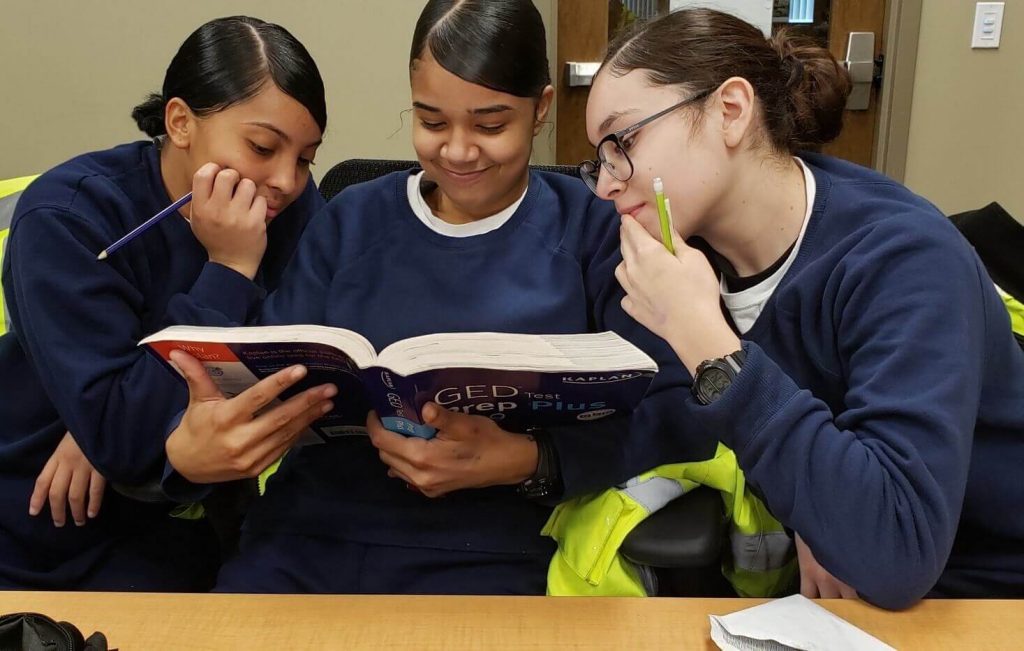
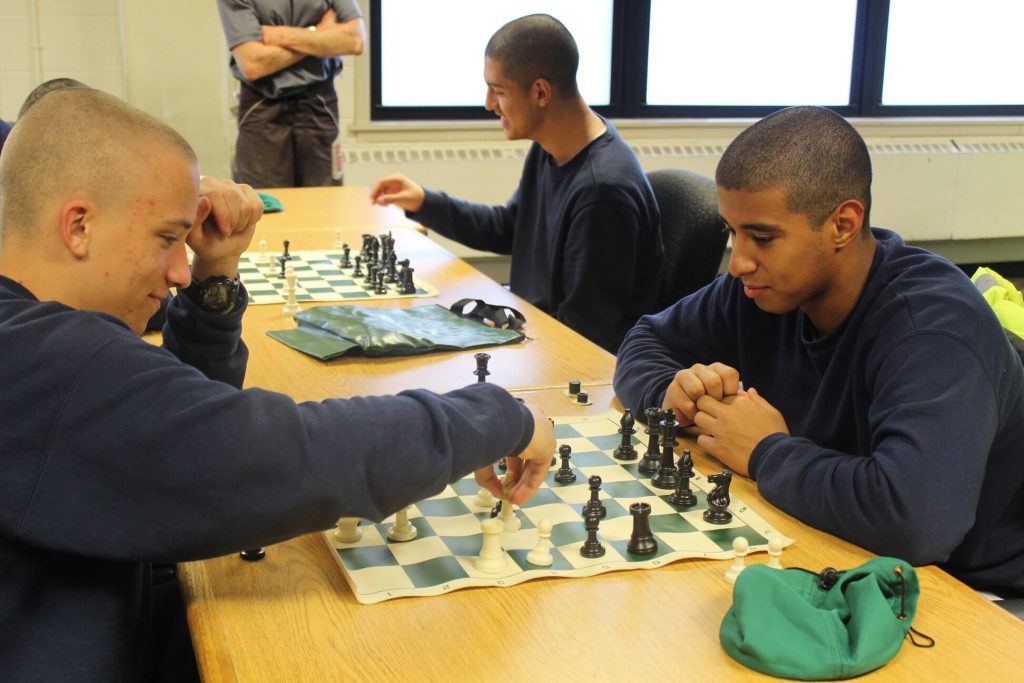
2. Life Coping Skills
Cadets learn skills designed to last a lifetime. Increased self-esteem and self-discipline are gained through a combination of classroom activities, group discussions, and a structured living environment. Cadets learn how to identify and self-regulate emotions, such as anger, grief, frustration, and stress and how to utilize conflict resolution strategies. ChalleNGe provides the educational resources necessary to foster fiscal responsibility, helping cadets understand personal finance, basic banking, and how to prepare and manage a personal budget.
3. Job Skills
Cadets prepare for long-term, gainful employment. Career exploration is accomplished through career assessment and interest inventories, job-specific skills orientation and awareness, and training in area vocational centers. Specific classroom activities focus on development of individual resumes, completing job applications, and preparation for and conduct of job interviews.
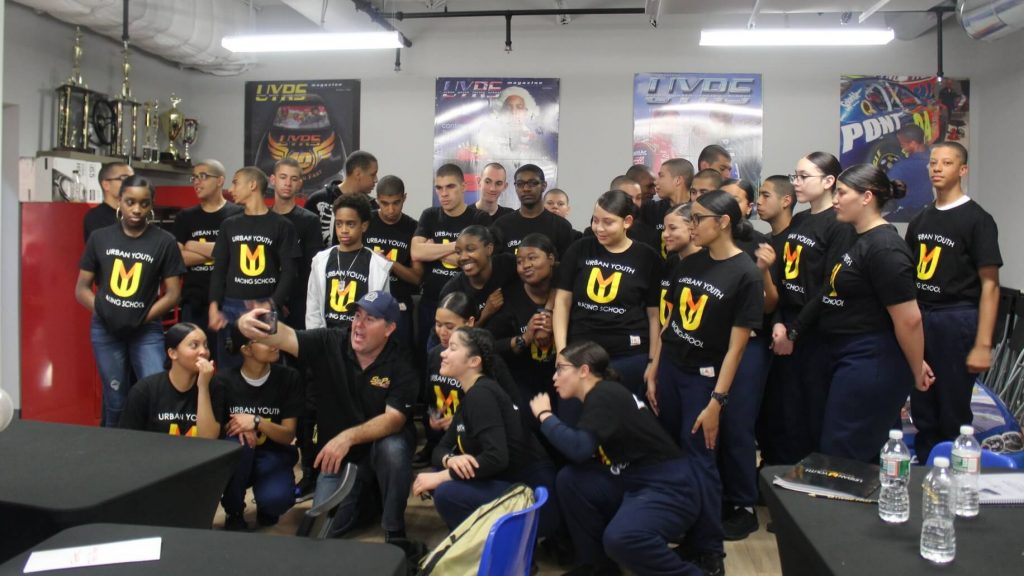
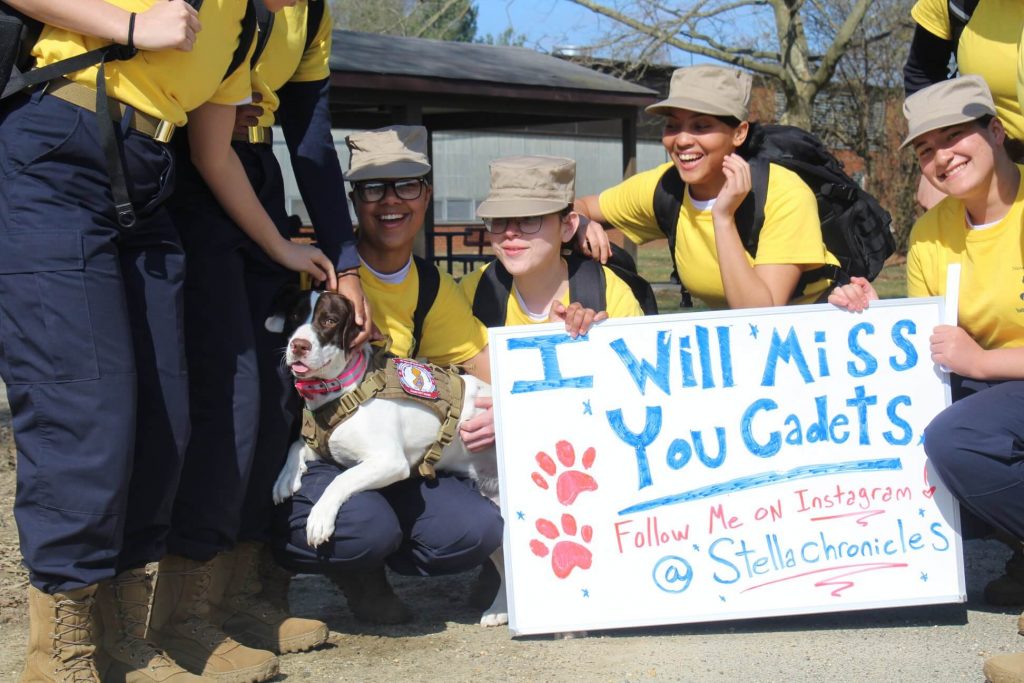
4. Health & Hygiene
Cadets learn the value of a healthy, well-balanced lifestyle. ChalleNGe offers a holistic approach that combines physical and mental well-being as cadets explore the effects of substance abuse and sexually transmitted diseases on their physical health and well-being. Cadets learn the physical and emotional benefits of proper nutrition through participation in classes and structured group discussions.
5. Responsible Citizenship
Cadets discover their role in the democratic process and learn their rights, privileges, and obligations as United States citizens. The U.S. Government structure and processes, along with individual rights and responsibilities at the local, state and national level, are addressed in the classroom environment, in the student government process, and through practical experiences within local communities. Those who are eligible register for selective service and to vote.
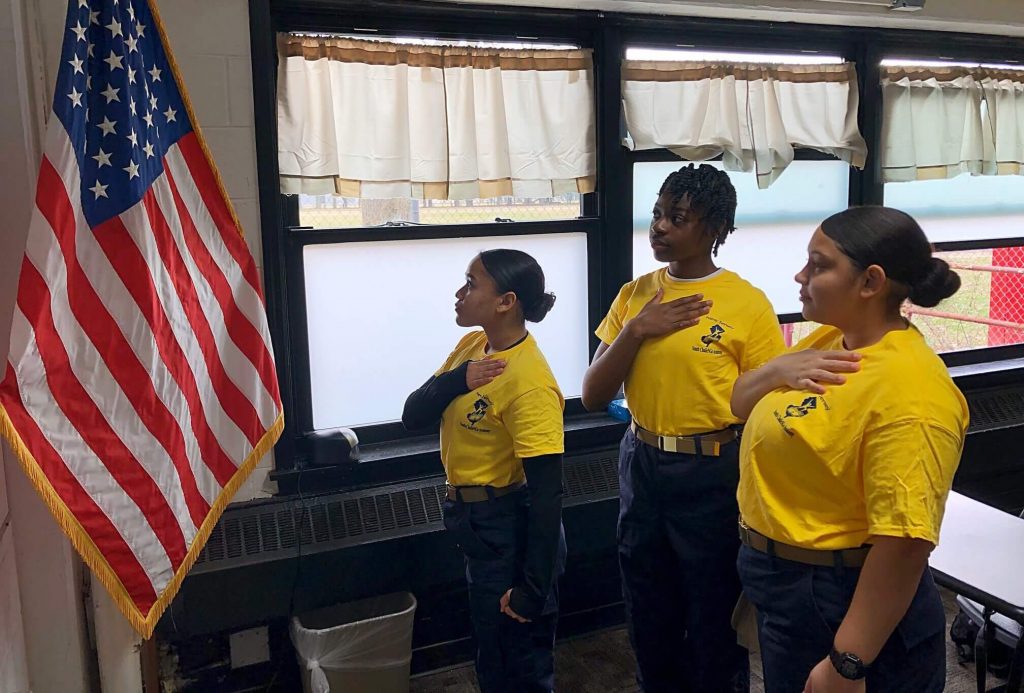
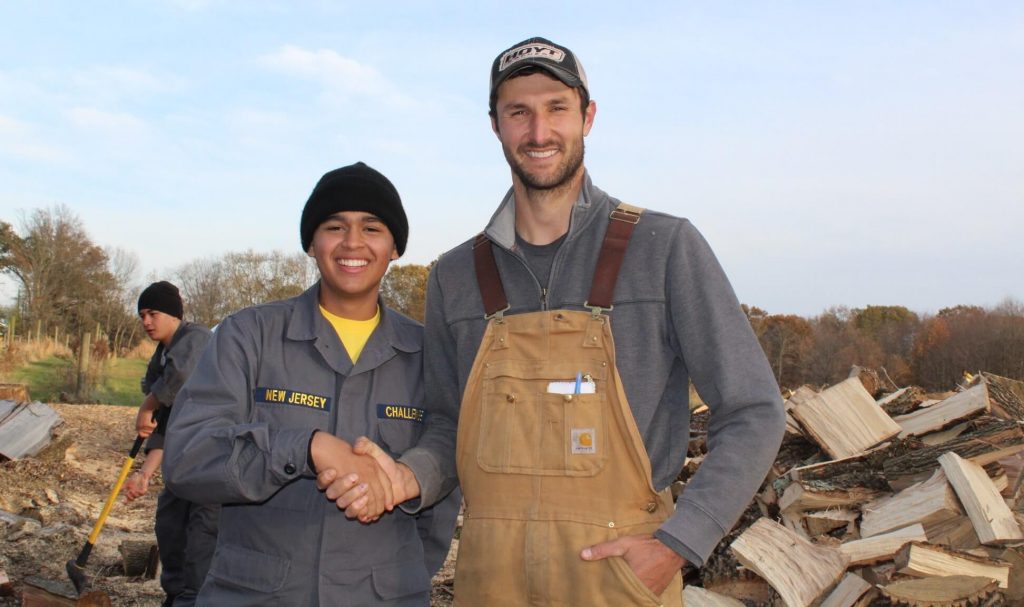
6. Service to the Community
Cadets realize the value and importance of giving back to the community while performing a minimum of 40 hours of service to the community and/or conservation project activities in groups and on an individual basis. These activities provide additional opportunities for career exploration as well as enhancing community-needs awareness in cadets.
7. Leadership / Followership
Cadets develop strong character while identifying and applying individual moral and ethical standards to perform various roles and responsibilities in a structured group environment. They learn to willingly comply with established rules, regulations, and procedures; perform basic military customs and courtesies; define and recognize leadership skills, traits, dimensions, and components; employ leadership skills while performing in a leadership position; maintain a personal living area; and function as an effective team member.
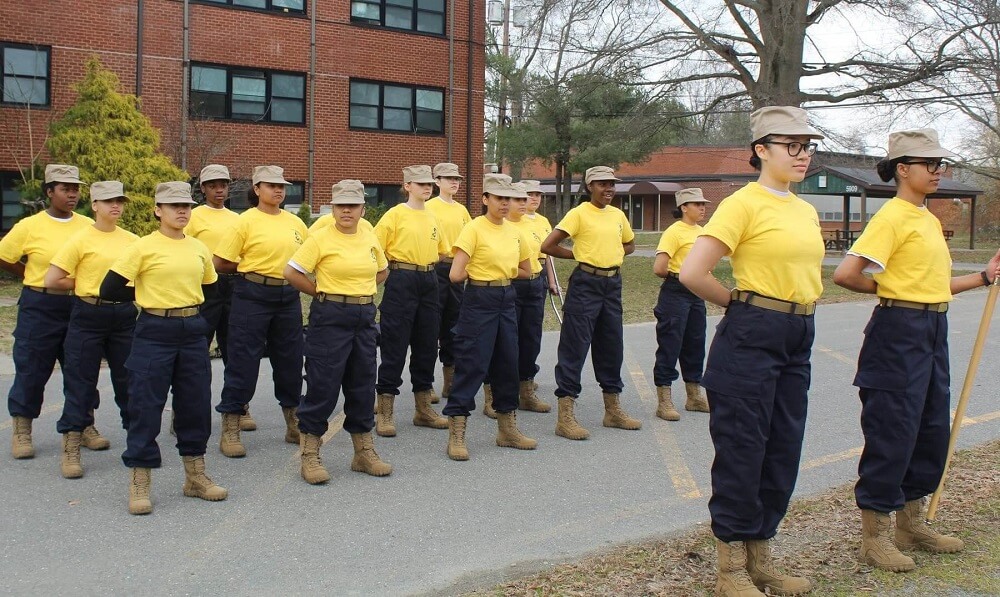

8. Physical Fitness
Cadets participate in a program of physical fitness training, which encourages a lifelong commitment to physical, mental and emotional well-being. Cadets must show improvement during the 22-week residential program. Activities include, but are not limited to: military style physical training, running and organized sports.


